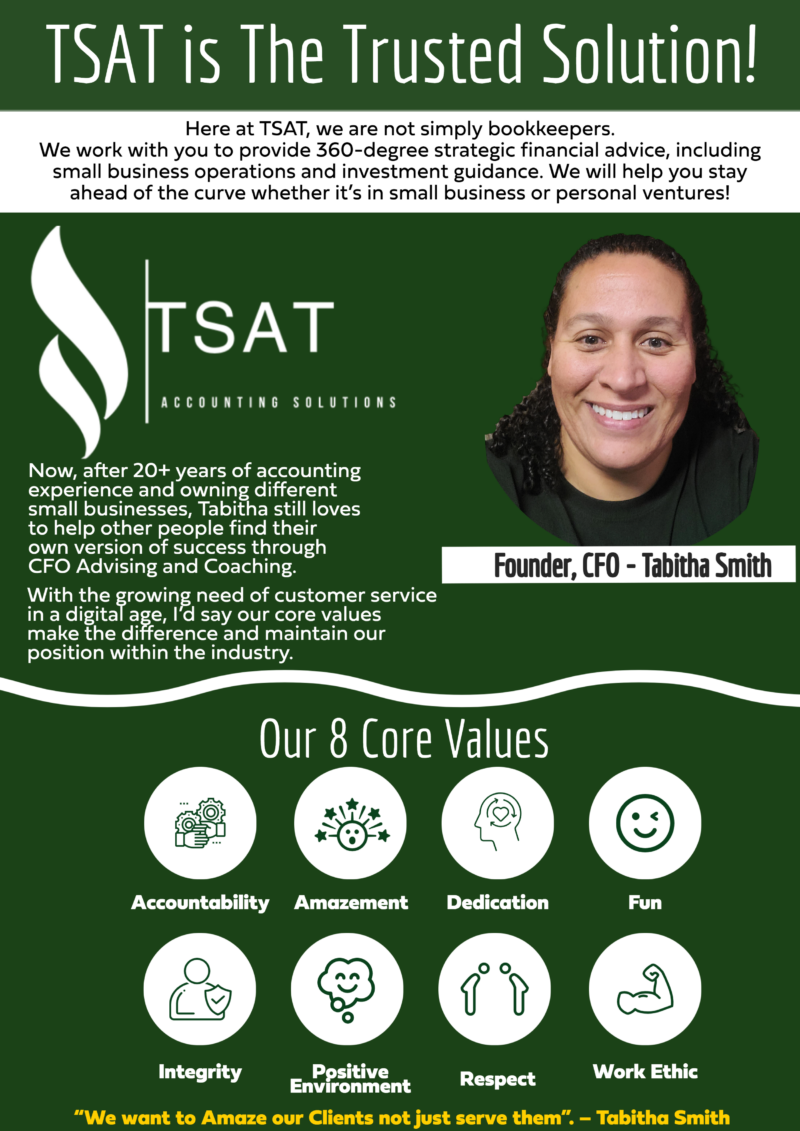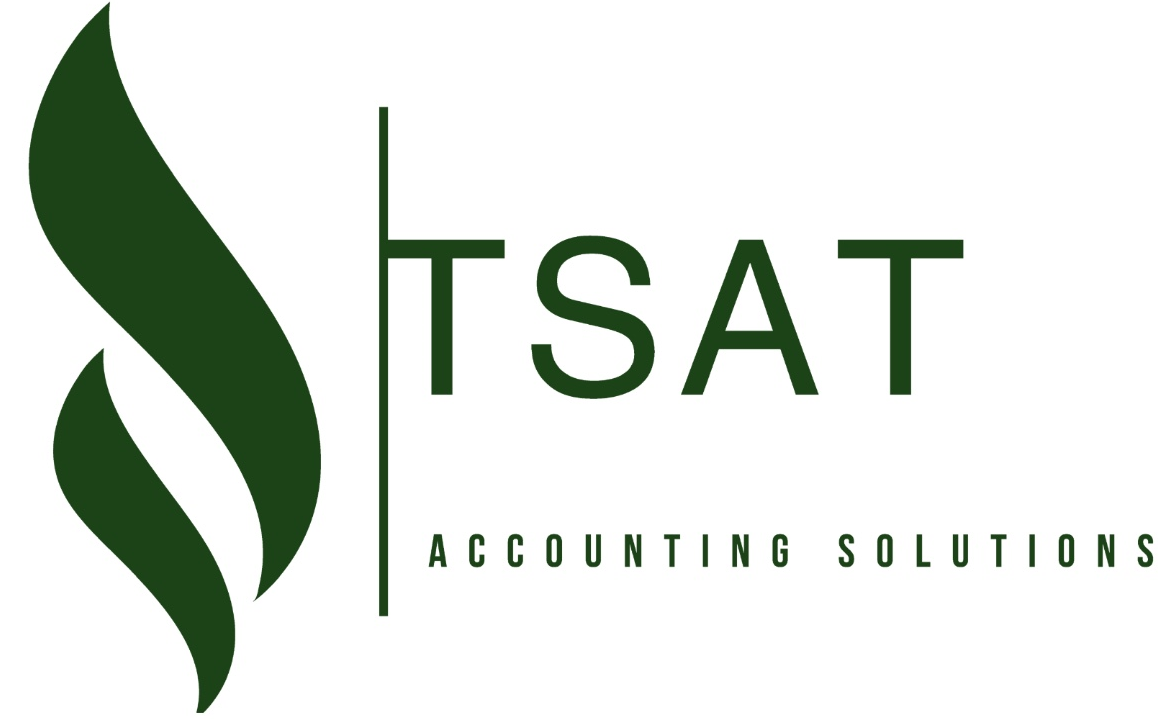Preparation, Not Panic.
While the CPI is at a forty-year high, this does not necessarily mean that our economy is entering a recession. It can still mean increased costs and uncertainty for small businesses. And small businesses are extremely vulnerable to economic recession and disaster—25% don’t have enough cash to make it through a two-week downturn. If your small business has ever felt unprepared for tough times, know that you’re not alone. So how can you stay afloat…prepare!
During good times, your business may have been able to survive without a tight cash flow monitoring, but during a recession, it’s critical to maintain a steady flow of cash. Here are four ways to prepare your small business for an economic recession:
1. Cash flow is king during a recession
To weather a recession, cash is king, it is essential for small business owners to have an adequate cash flow to cover their expenses. According to a survey conducted by JP Morgan Chase, the average small business holds 27 cash buffer days in reserve. That means that an average business can continue to meet all of its cash outflows (rent, labor, utilities, etc.) without earning any money for 27 days. But of course not every small business falls within these averages.
Some key cash flow considerations for a recessionary period:
- Check and recheck your books
- Prioritize A/R Collection
- Review your payables
- Prepare for conversations with vendors and lenders
As always, utilize free learning resources, such as TSAT’s Vaults.
2. Strategically plan a pivot, prepare for the accompanying adaptions
In today’s economic climate, it is important for small business owners to monitor economic activity and plan accordingly. This means implementing practices that will help them save cash and manage and make decisions efficiently as possible. One of the best lessons learned from the pandemic was how companies pivoted. Whether they altered their product or service, changed their target market or went from in-person to online, the success stories speak for themselves. Do your research on how company’s in your industry made it through the pandemic, talk with other owners, gather as much data as possible to make the best strategic decisions for an uncertain future.
3. Get creative
While your primary business may be suffering, be sure to seek all opportunities to expand and serve customers in a different way. For example, restaurants around the country, left without the ability to serve customers onsite during the pandemic, started home delivery services of food and alcohol. Loyal patrons could get their food and drink that they can’t find in the grocery stores.
We’ve also seen many small businesses offer gift cards to their loyal customers as a way of getting cash in their pockets sooner (though, granted, they’ll still owe services for those advances down the road). And companies are helping to make this easy. For example, making physical and digital gift cards available for all businesses they support.
These ideas don’t have to be a long-term solution—think about how you can take the resources you have right now and meet the needs of the people in your community.
4. Most importantly…keep up communication with your customers!
Above all, keep in communication with your customers and clients. You’ve worked extremely hard to develop a business based on their trust and loyalty. Don’t leave them guessing. Communicate when you’re closed, when you expect to reopen and any additional offerings you have. Tell them how you’re here to support them and how they can help to support you.
In a time where so many people are fearful of what’s next (including you), connections matter the most. Your business matters to you, to your customers, and to the economy. While no one knows what’s the economic outlook will be , guiding your business through tough times can leave you more prosperous on the other side.
You’ve got a lot to focus on, how can TSAT become your Trusted Advisor?

Your Trusted Advisor… At TSAT, we know that a great businesses need to operate at high levels of service, accuracy, reliability, and throughput. We also know that the only way to ensure these things are achieved is to develop a comprehensive set of accounting and finance policies and procedures and to regularly train all personnel involved in the management and control of the company’s software. Only by taking steps toward accounting, quality assurance, and finances can a small business accounting department expand its business and improve its profit margins. It takes a little work to make sure that every aspect of small business accounting is running at full capacity, and we are here to help!
Here at TSAT, we are not simply bookkeepers. We work with you to provide a 360-degree strategic financial advice, including small business operations and investment guidance. We will help you stay ahead of the curve when it small business or personal investments!
If you are a gig worker or small business owner looking to grow your business, TSAT’s AMAZING Trusted team considers much more than just your taxes!
TSAT’s is your Trusted Advisor and will let you focus on your business’s core competencies! Whether you have a small business or you need help personally, TSAT can give you HOPE! Call us today!
Phone: (417) 208-2858
- Website: TSAT Accounting Solutions
- Facebook: TSAT Facebook
- Calendly : Quickly schedule a 15 minute call!
- Alignable: Connect with Us on Alignable!
- Fill out the Qualification Questionnaire for a full 1 hour CFO Consult!

